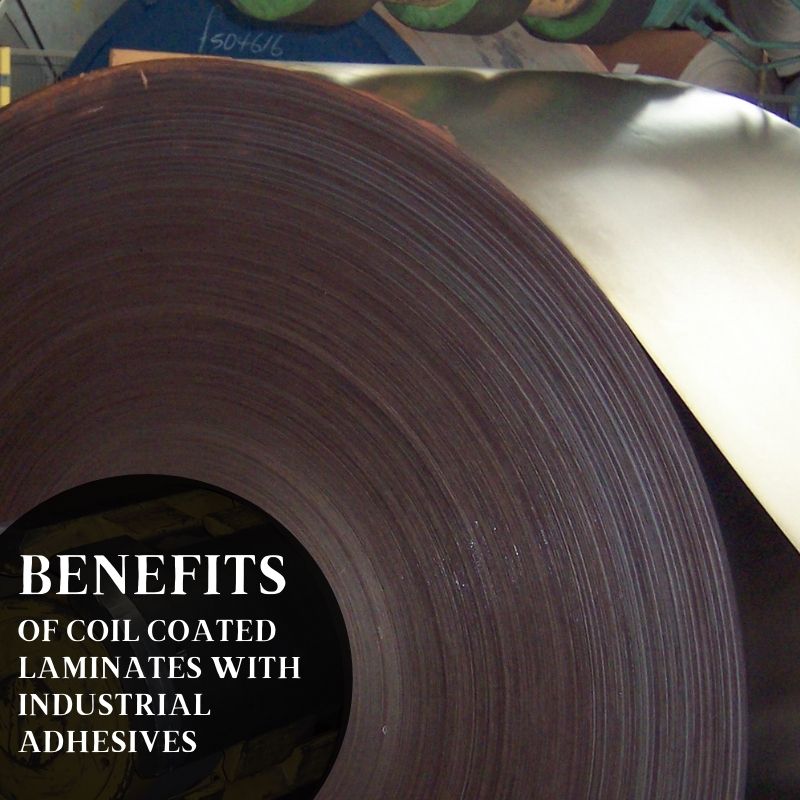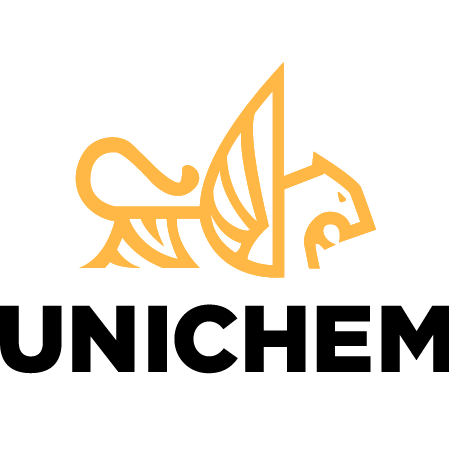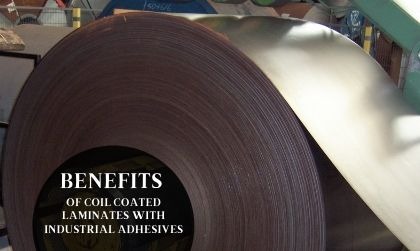 Manufacturers that apply coatings, decorative finishes, or laminate films as part of an in-house manufacturing process may not realize the many benefits available when outsourcing this process to a coil coater. Coil coated laminates are produced with a tightly controlled process that is difficult to achieve with in-house processes.
Manufacturers that apply coatings, decorative finishes, or laminate films as part of an in-house manufacturing process may not realize the many benefits available when outsourcing this process to a coil coater. Coil coated laminates are produced with a tightly controlled process that is difficult to achieve with in-house processes.
Laminating to metals without a coil coated application can lead to high scrap rates, sometimes in the range of 20% for many manufacturers due to failure to tightly control the process. This can lead to adhesion failure, blemishes, wrinkles, high scrap or even returned goods.
OEMs that outsource to coil coaters for laminating to metal whether steel, aluminum or other substrates receive high-quality products ready for their production line. Coil coating applied adhesives eliminate in-house processing, speed up production and reduce in-house expenses. Experienced coil coaters deliver quality laminates that save manufacturers time and money with improved quality making for a win-win scenario.
Coil Coated Laminating to Metal
OEMs that outsource laminating to metal processes to coil coaters achieve improvements in production efficiency as well as lowering operational costs. Many OEMs are not aware of the alternative of outsourcing coil coating simply because their in-house process is the way things have always been done. Coil coated laminates, however, can eliminate many internal costs for manufacturers as well as the headaches that go along with an in-house lamination process.
Properties of Coil Coated Laminates
Laminates applied to metal is a common process in manufacturing that provide durable products with various finish options. Laminates can be produced to mimic the look of stainless steel, wood grains, brushed copper and more with a wide variety of colors and varying levels of gloss available. Functional properties of coil coated laminates include enhanced chemical and corrosion resistance and is a valuable feature for appliances such as washing machines, dishwashers, refrigerators, and freezers.
Applying laminates to metal is also widely used in the construction industry for producing products such as garage doors, insulated wall panels, roofing products and many products in the manufactured home market.
Challenges with Adhesive Coated Laminates
Coil coated laminates outperform laminates formed with liquid or film bonding to metal which can leave many opportunities for failure. If the metal is not properly cleaned, imperfections arise which is a common occurrence in a non-continuous laminating process. Problems may not even arise until the product is in the hands of the consumer, which can be costly and bad for business for the manufacturer.
Benefits of Single or B-Stage Adhesive Laminates
OEMs that utilize coil coated adhered laminates experience many benefits whether using single stage or B-stage adhesives. B-stage adhesives provide many benefits in that the adhesive is applied to the composite with a quality, even application that can later be cured simply by heating to the right temperature. B-stage adhesives are designed to reactivate and cure within a specific temperature range that forms a quality bond with the laminate.
Coil coated adhesives provide a high quality product with a more efficient process for manufacturers, thus saving time and money while improving quality. Learn more about the many benefits of coil coating laminates, the challenges with adhesion and how to make the switch in this article published in the Adhesives and Sealants Industry magazine.
UNICHEM is a leading supplier of industrial adhesives for coil coated laminating to metal applications. Our uniBOND industrial adhesive is available for various laminating to metal applications such as with rubber, polypropylene, vinyl, fiber composites or more. Contact us with any questions on improving your laminating to metal application with durable industrial adhesives and coil coating


